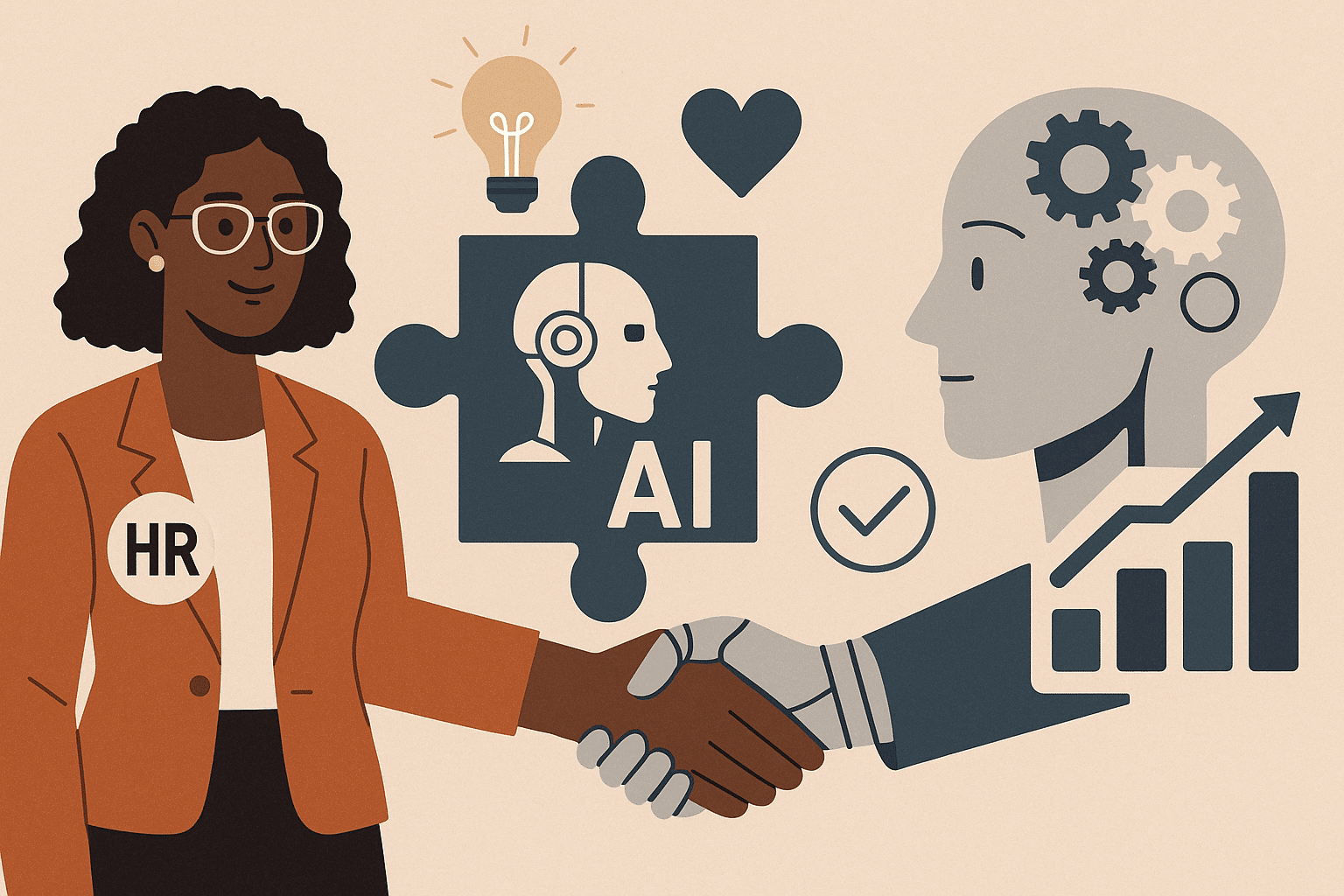
How to best train employees from the Generation Y? Which teaching methods to favor? Microlearning, personalized learning, role-playing, gamification, and mobile learning are the preferred learning formats of the young generation. Explanations.
Born between 1980 and 2000, digital natives were raised with video games and the Internet. Their preferred learning methods are inevitably influenced by this trend. Traditional teaching techniques bore them; millennials enjoy acquiring new skills online through concise formats and personalized experiences.
So, what learning formats should be offered to them in the workplace? Here are 5 formats perfectly suited to Generation Y employees.
Microlearning
Consuming various short content sequences on the internet, millennials love instant learning formats. With limited attention spans, microlearning suits them perfectly as it promotes quick learning. This method of remote teaching consists of small modules (20 seconds to 5 minutes) and is available anytime, anywhere, on any device. A format that appeals to Generation Y and its need for speed and efficiency.
Mobile Learning
Mobile learning is a relatively recent training tool. As the name suggests, it allows continuous access to the learning process from a mobile phone, laptop, or tablet. Highly connected, millennials are an ideal target for this type of training. Online learning is powerful, flexible, and adaptable. It aligns perfectly with millennials’ habits, their thirst for knowledge, and autonomy.
Personalized Learning
It’s a recognized fact: personalized education has many advantages. Attentive listening, personalized advice, a trusting relationship are all elements conducive to effective learning. For millennials, traditional pedagogy is boring. They are more engaged with a personalized and unique learning format.
Private tutoring, as we know it today, has evolved significantly since the 1970s. However, it has existed since antiquity. For example, Aristotle was the private tutor of Alexander the Great. In its more modern form, personalized learning is linked to new technologies. It takes into account the learner’s knowledge, preferences, performance, and interaction style.
Gamification in the Workplace
The young generation loves to play. They also prefer brands that offer a gamified experience. In the workplace, gamification is a management technique that promotes learning by creating a pleasant work atmosphere. The game has several benefits for millennials: it motivates them, enhances their attention, boosts productivity, and improves results. To appeal to millennials, managers now have an interest in gamifying their management and adopting games as stimulants.
Role-Playing
Role-playing games (RPGs) are a playful activity where each participant portrays a character and contributes to the creation of a collective fiction. RPGs are increasingly used outside the gaming domain, especially in the business world. This learning format appeals to millennials. Serious games simulate real situations. They facilitate learners’ cooperation and provide a better understanding of the social factor in the simulated situation.
In conclusion
Born around the same time as the internet, millennials are accustomed to quick and simple access to content. Their attention span may be diminished, but not their desire to learn and acquire new skills. Online learning formats are thus ideal for this generation raised with video games and the internet. To train digital natives in the workplace, there’s nothing like using methods they are familiar with and enjoy using. Microlearning, personalized learning, role-playing, gamification, and mobile learning are learning formats that the young generation loves to use at work to enhance their knowledge or acquire new skills. Worth trying out as soon as possible.”


